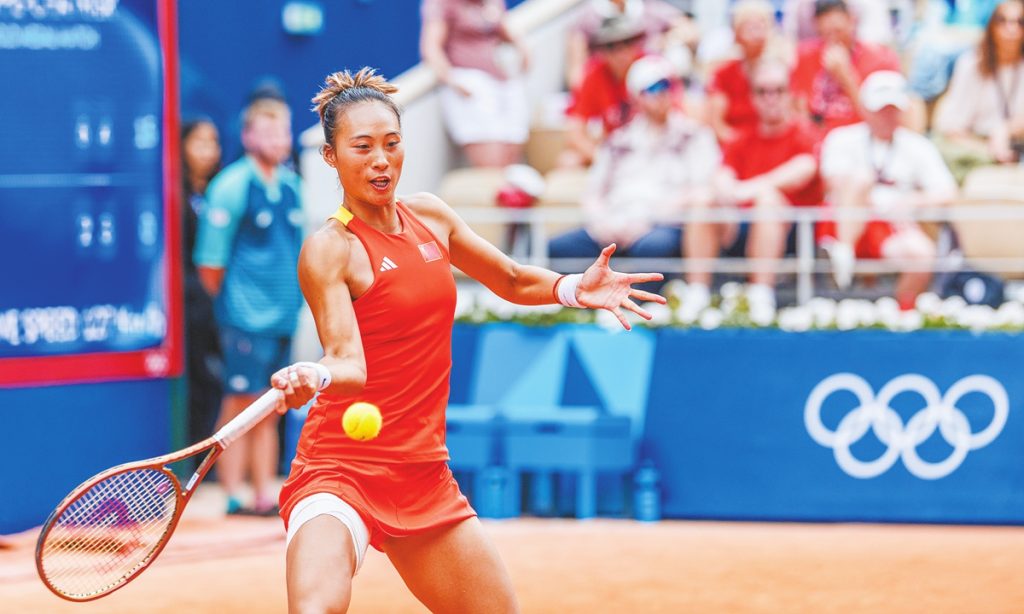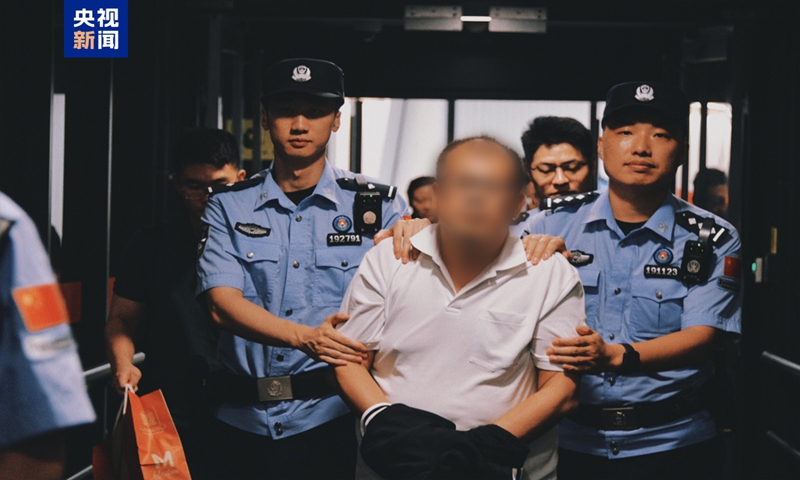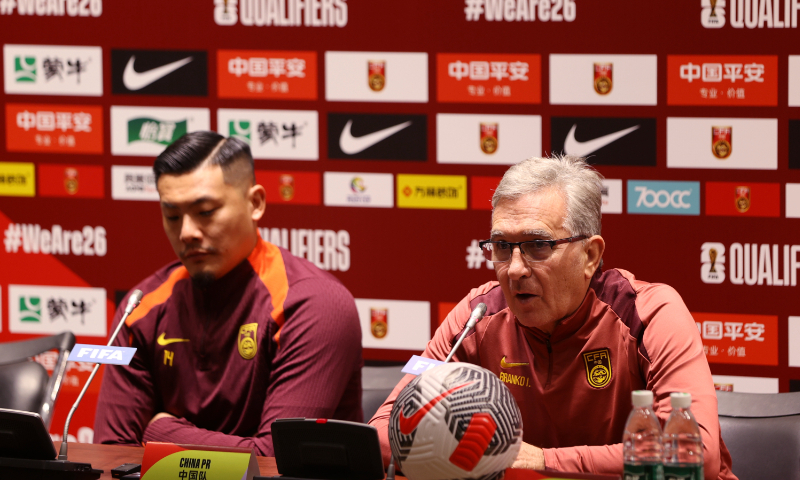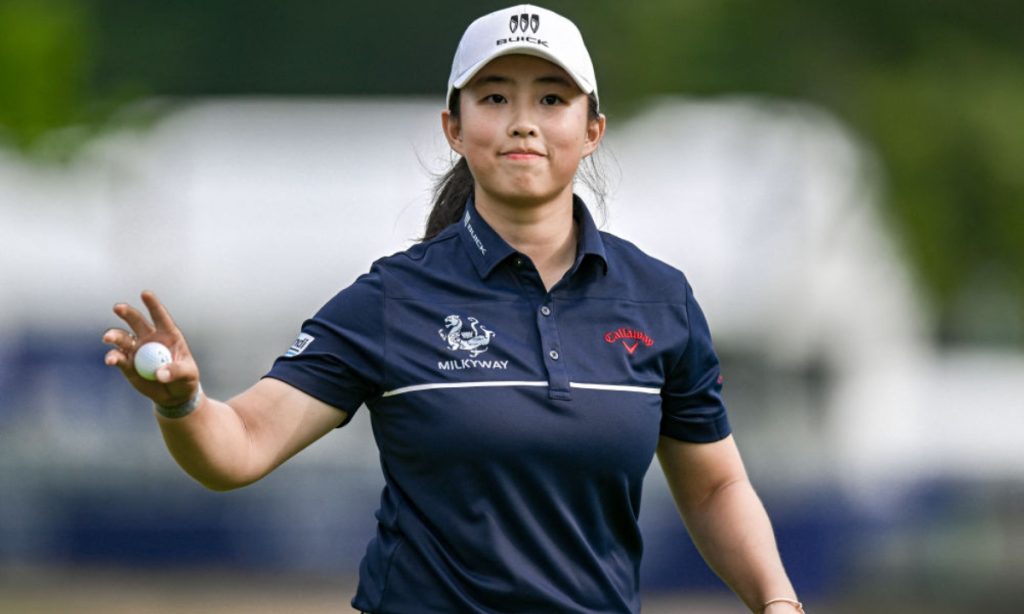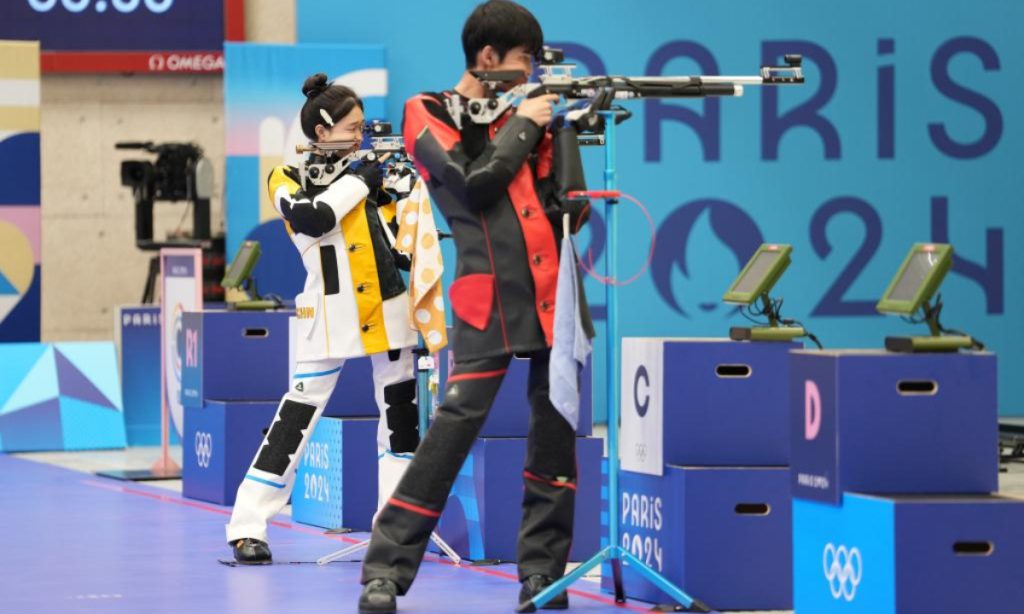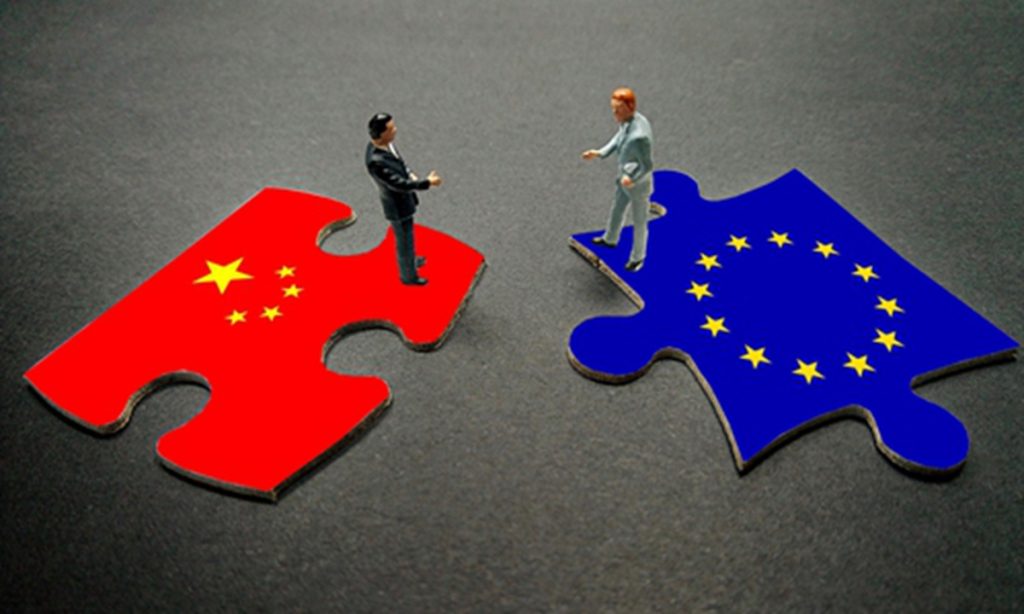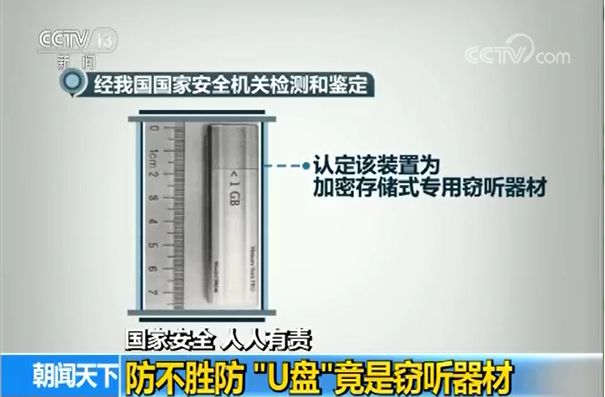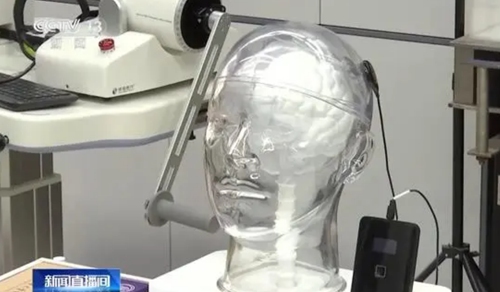Artist fosters friendship between China and Spain
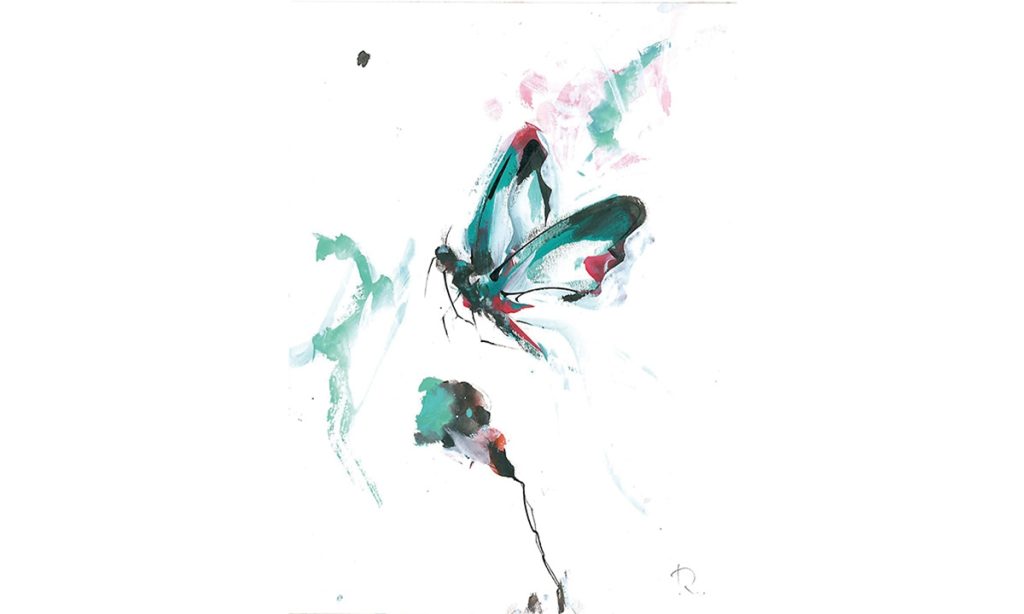
A recent exhibition of a Spanish artist held in Xuzhou, East China's Jiangsu Province marked the latest event heralding the 20th anniversary of the comprehensive strategic partnership between China and Spain in 2025.
Named "Different Cycles from Different Eras United by a Single Paintbrush," the exhibition at Xuzhou Art Museum features 119 artworks by Jorge Rando, one of the most internationally recognized Spanish artists and a main exponent of neo-expressionism in Spain.
During a recent interview, Rando told the Global Times that art is a universal language that promotes the cultural exchanges between China and Spain.
"Art is essential, not only in cultural exchanges between China and Spain, but it is and should always be an open door for relations between people and nations. Art speaks the same language in all countries around the world. Art unites people and teaches all humans that united we will be stronger and happier," Rando said.
"China and Spain are two great nations with an ancient culture and, despite the distance that separates us, with many similarities in the philosophical concept of life, the understanding between our two nations is enriched by cultural exchanges that are necessary and I would say even logical," said the 83-year-old artist.
As a prominent figure in Spanish neo-expressionism, Rando is renowned for his powerful depictions of human emotion, nature, and life. His work often explores themes such as motherhood, nature, and the human condition through cycles of paintings that include recognizable yet abstract figures.
The exhibition showcased some of Rando's paintings, created from the 1960s to the present, highlighting his artistic evolution and his deep emotional responses to nature, life, and humanity.
Deepening relations
The art exhibition is the result of the collaboration between Xuzhou and Rando's hometown Malaga, as it received strong support from various entities, including the Chinese Embassy in Spain, the Spanish Embassy in China, the Spanish Consulate General in Shanghai, and the governments of Xuzhou and Malaga.
The exhibition stands as a fresh testament to the deep friendship between the two cities.
Luis Calvo, the consul general of Spain in Shanghai, said that "in 2025, we will celebrate the 20th anniversary of the comprehensive strategic partnership between China and Spain. This exhibition has played a significant role in promoting bilateral cultural exchange."
Li Shuxia, member of the standing committee of the Xuzhou Municipal Party Committee and head of the publicity department, said that Xuzhou and Malaga share many similarities as cultural cities, transportation hubs, and tourist destinations. With the deepening relations between China and Spain, the exchanges and cooperation between these two cities have become increasingly frequent, solidifying their friendship and broadening prospects for future collaboration.
"This exhibition not only offers the public an elegant artistic experience and strengthens Xuzhou's reputation as a city of calligraphy and painting, but also serves as a vivid symbol of the deepening cultural exchange and friendship between China and Spain," said Li.
Rando also pulled off an exhibition in Shenzhen, South China's Guangdong Province from March to May this year, which is part of the larger celebration of the 50th anniversary of diplomatic ties between China and Spain.
Destined connection
Rando said that he had connections with China since his birth and previous trips to China offered him a wealth of artistic inspiration.
"I was born in 1941. My first memories as a child are the smell of colored pencils and my constantly black fingers from the black ink; even then, China took hold in my subconscious… over time, my interest in Chinese culture matured," he recalled.
"My eyes were opened for the first time to the land of China when I arrived in 2019 in Xiangtan [Central China's Hunan Province] to admire the paintings by Qi Baishi at the Memorial Hall of Qi Baishi.
Born in 1864, Qi is the most creative master painter in the 20th century. He is noted for his watercolors featuring a huge variety of subjects.
During my stay in this beautiful and welcoming city, I was able to visit its surroundings and other places in Hunan. I got to know the beauty of its mountains that wanted to cover the sky with their green mantle. My eyes were unable to capture all of the paradise that embraced me at once but my mind did merge with that infinite light that began to guide my brushes beyond the picture frame," said Rando.
"In those moments of ecstasy, my eyes also discovered the silent fluttering of thousands of butterflies, of thousands of colors and of thousands of captured sensations. In that magnificent reverie the butterflies drew closer. They became my butterflies and showed me the beginning of nature. And that was when I began to paint them like a madman. That inspiration from China was brought to life in my artwork of My Butterflies in the following four years," he noted.
To Chinese students who wish to pursue an artistic career, Rando would make a request that they love art.
"Painting without love is just color without a soul. Don't forget that everything is moved by love and that we artists have a great responsibility in the society we live. I wish that in your artistic careers you always keep in mind that the triumph of the painter is painting," said the Spanish artist.
